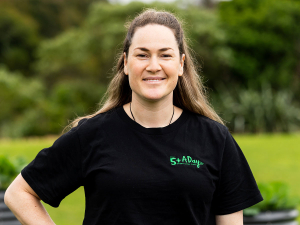Under the previous Labour government, further amendments were made to the legislation imposing a patchwork of restrictions on the way Kiwis use their land, all in the name of reducing emissions.
However, a member’s bill recently lodged by ACT MP and Northland dairy farmer Mark Cameron seeks to restore longstanding provisions to the RMA that prohibit regional councils from considering climate change as a factor in their plans.
Cameron’s bill would prevent regional and district councils from regulating greenhouse gas emissions and is a smart step for climate change policy.
After all, greenhouse gas emissions are a global rather than local challenge. It has never made sense for local councils to individually regulate greenhouse gas emissions.
As Cameron points out, property rights were sacrificed to the climate gods in a way that wouldn’t even reduce net emissions.
“It’s not feasible to have regional councils trying to save the world’s climate. In fact, it’s hopeless, because emissions are already managed nationally under the Emissions Trading Scheme.
Having regional councils regulate greenhouse gas emissions has the potential to create huge headaches for farmers.
Federated Farmers points out that Greater Wellington Regional Council (GWRC) has proposed a target of a 50% reduction in all greenhouse gas emissions by 2030, including biogenic methane.
For Wairarapa farmers who sit inside the GWRC’s boundaries, this means a resource consent application could set conditions that require farmers to reduce emissions in line with the 50% target. This raises questions for all resource consent applications. For example, could a new road or house fail a resource consent application if it wasn’t viewed as consistent with a 50% reduction?
None of this makes any sense when carbon dioxide emissions are already captured under the ETS.
That’s why Cameron’s bill makes sense.

















